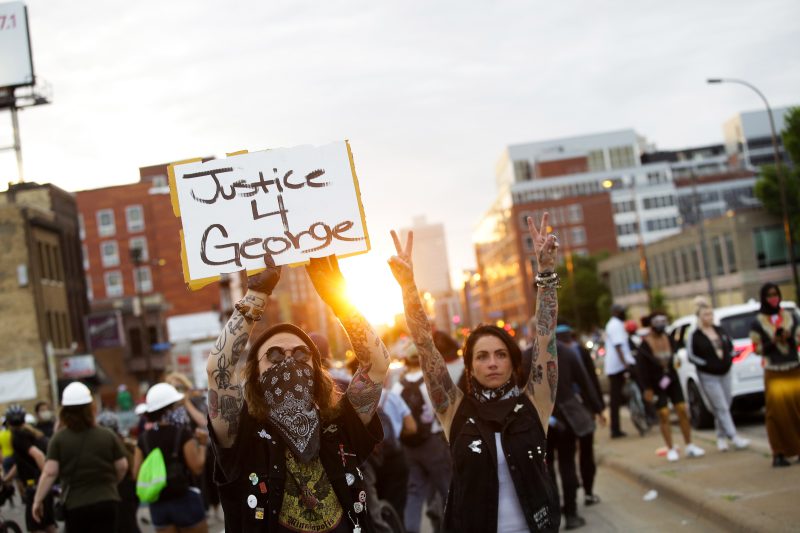In the wake of the tragic death of George Floyd in Minneapolis, state governors and mayors across the United States have faced intense scrutiny for their handling of the mass protests that have erupted in response to police brutality and systemic racism. Among them, Governor Walz of Minnesota has received fresh attention for his handling of the George Floyd protests, with both praise and criticism being directed towards his actions.
One of the aspects of Governor Walz’s response that has drawn praise is his swift activation of the National Guard to help restore order and protect citizens and property amidst the chaos of the protests. The presence of the National Guard helped to quell instances of violence and looting, providing a sense of security to communities that were facing upheaval. Walz’s utilization of the National Guard was seen as a proactive measure to maintain peace and avoid further escalation of the situation.
However, Governor Walz has also faced criticism for his reactions to the protests, particularly regarding the timing and effectiveness of his responses. Some critics argue that there was a delay in the deployment of the National Guard, which allowed the situation to intensify and spiral out of control before adequate measures were taken. This delay was perceived as contributing to the violence and destruction that occurred in Minneapolis and other cities.
Furthermore, there are concerns about the use of force by law enforcement officers and the National Guard during the protests. Reports of excessive force, including the use of tear gas, rubber bullets, and physical violence against demonstrators, have raised questions about the methods used to manage the protests. Critics argue that the heavy-handed tactics employed by authorities contributed to the escalation of tensions and further eroded trust between law enforcement and the communities they serve.
In conclusion, Governor Walz’s handling of the George Floyd protests has been a subject of both praise and scrutiny. While his decision to deploy the National Guard was a necessary step to restore order and protect public safety, there are concerns about the timing of his response and the tactics used by law enforcement. Moving forward, it is essential for state leaders to prioritize dialogue, empathy, and constructive engagement with protestors to address the underlying issues of racial injustice and inequality that have sparked these protests.

